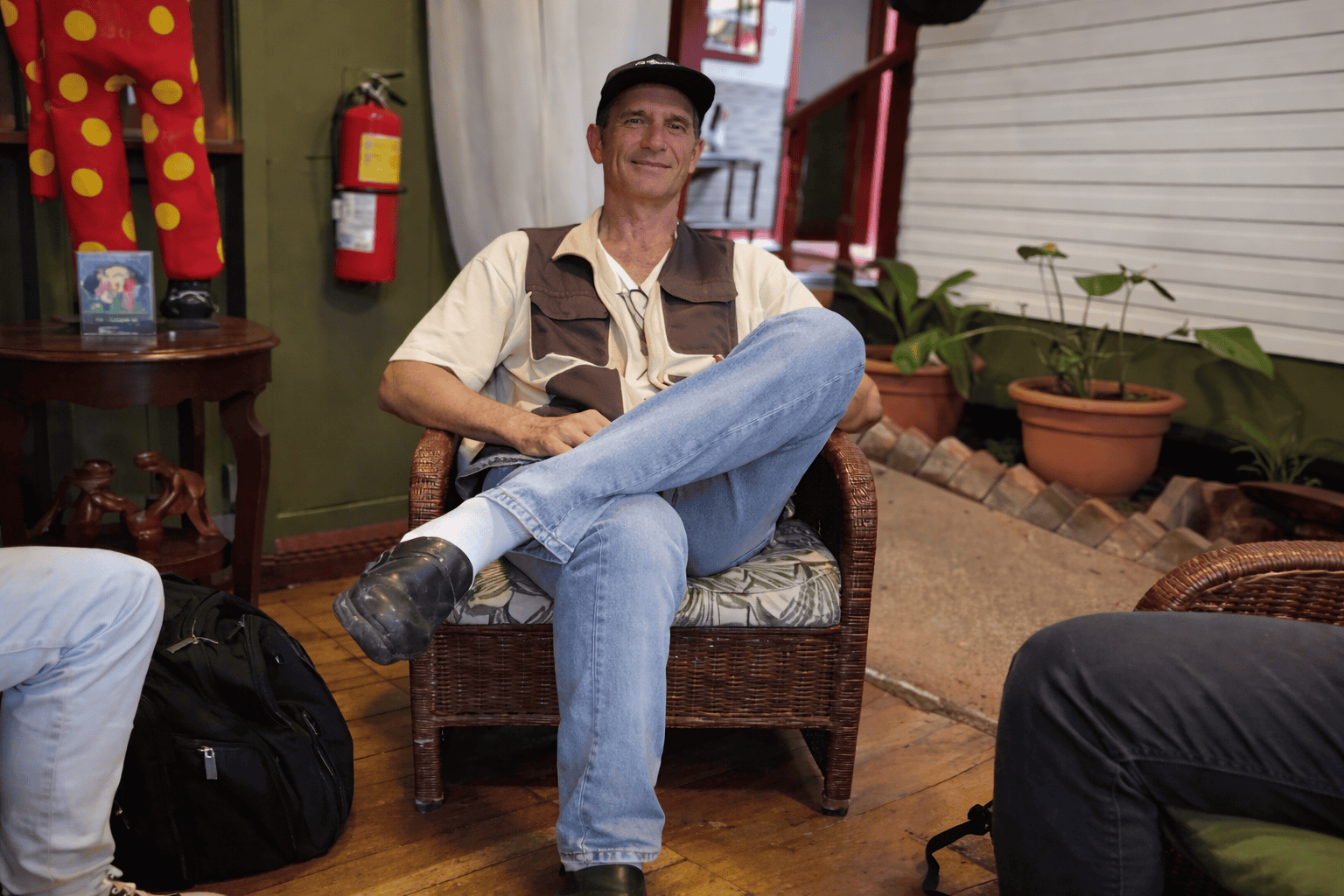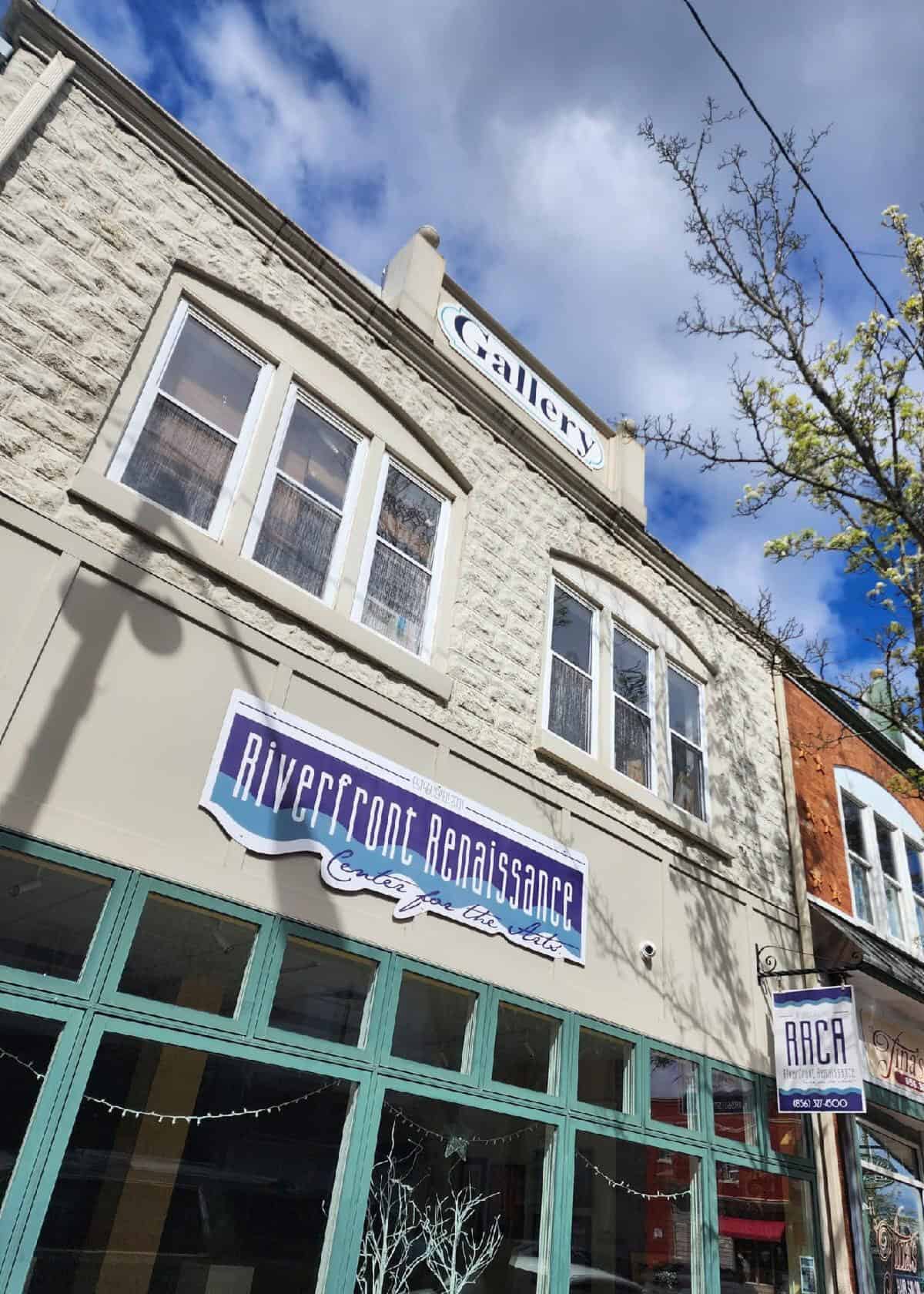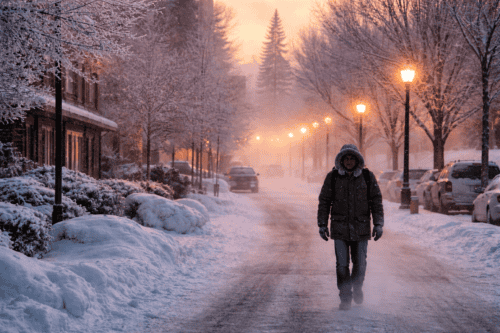Slave Rescues
...and the role women played in helping fugitive slaves gain freedom in the North.

South Jersey has secrets that are still being revealed and discovered. In my new book, Abolition and the Underground Railroad in South Jersey: Not Without a Fight, some of the South Jersey heroines of this secret network and the incidents they were involved in—to assist fugitives, stand up to slave catchers or protect their community—are revealed. The book also discusses the famed Harriet Tubman and her Underground Railroad (UGRR) activity in Cape May and across South Jersey.
South Jersey was a hot-bed of abolitionist activity to help runaway slaves find freedom while at the same time, the region crawled with slave catchers ready to snatch any fugitives, and sometimes freedmen, sending them to live a life in slavery. To combat this, Quakers and freed Black people joined together to assist fugitives by hiding them, providing food, clothing, or money, and then directing or transporting runaways to the next UGRR station. Women like Quaker sisters Abigail and Elizabeth Goodwin of Salem were staunch abolitionists dedicated not only to sheltering fugitives in their home but to promoting food, medicine, and clothing drives for runaways. Black abolitionist William Still noted their unwavering commitment in his book, The Underground Railroad.
Church women such as Hannah Bowen also participated in rescues. Bowen, a congregant at Macedonia AME Church in Camden was one of many people who prevented slave catchers from returning a fugitive to slavery. Once, in a quick-minded response, she grabbed a knife and cut the straps tying the slave catchers’ horses to their wagon. The horses were then led away leaving the slave catchers stranded. As a result, the fugitive was released.
In Cumberland County a group of armed Black women led a protest against a man accused of being an informant for a slave owner and went to his boardinghouse looking for him in attempts to drive him out of town. The man did flee but only after violence ensued.
Could Harriet Tubman have possibly been spying on tourists in Cape May during her summer while working in a hotel there in 1852? The resort town catered to southern planters, northern industrialists, politicians, and wealthy whites from across the nation. When she arrived there, ostensibly to work, Tubman had already rescued many people from slavery, had a bounty on her head, and was involved with UGRR master conductors Thomas Garrett from the Wilmington, Delaware bureau and William Still from the Philadelphia, Pennsylvania office. Notwithstanding, Cape May had residents who were active on the UGRR conducting fugitives to freedom and one staunch Black abolitionist, Stephen Smith, had a summer home there. Tubman certainly would have become familiar with those people while in town. Based on her later activity as a Union spy during the Civil War, she may have honed those espionage skills at Cape May.
Abolition and the Underground Railroad in South Jersey: Not Without a Fight, by Ellen D. Alford is available from History Press (arcadiapublishing.com) as well as Amazon and other online retailers. Look for Alford at local book events, too.








